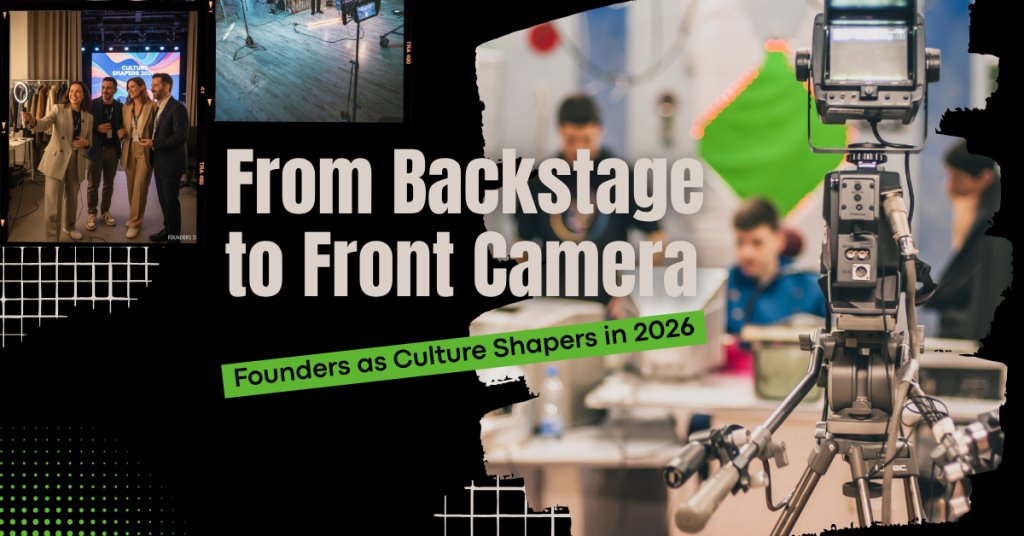The age of anonymity in business is over. In 2025 and beyond, we’re seeing a fundamental shift in how brands show up and who shows up for them. Founders are no longer content to be the unseen architects behind their companies; they’re now stepping into the spotlight as storytellers, influencers, and community builders. The founder-as-brand movement signals a deeper evolution in marketing, one driven by genuineness, transparency, and human connection.
This shift is being fuelled by a new kind of consumer psychology. Today’s audiences want more than polished campaigns; they crave context. They want to know the story, the purpose, and the people behind the product. In an attention economy saturated with sameness, the founder’s face has become a differentiator, adding emotional weight and credibility that traditional brand marketing can’t replicate.

Platforms like LinkedIn, TikTok, and Instagram Reels have accelerated this transformation. Founders are no longer reliant on press interviews or keynote stages to shape perception; they can now engage directly, unfiltered, and in real time. Whether it’s a designer sharing their creative process, a CEO discussing company culture, or a small business owner vlogging a day in the life, audiences are responding to human-led storytelling that feels accessible and real.
For marketers, this evolution changes the playbook. It demands a dual strategy, building both the corporate brand and the personal brand in tandem. Founders must now be coached, positioned, and produced as content creators in their own right. The line between “brand communications” and “personal narrative” is blurring, and successful businesses are embracing that overlap rather than resisting it.
For brands, this shift also comes with risk and reward. Founder visibility builds trust, but it also personalises accountability. The founder’s voice can amplify a mission, but misalignment between personal and corporate values can just as easily disrupt it. Managing that balance through genuine storytelling, consistent messaging, and strategic visibility will be imperative.
The key takeaway here is that the founder is now the media channel. Their digital presence isn’t a vanity project; it’s a strategic asset. In a world where audiences buy into people before they buy into products, founders who step confidently in front of the camera aren’t just promoting their businesses; they’re future-proofing them.




